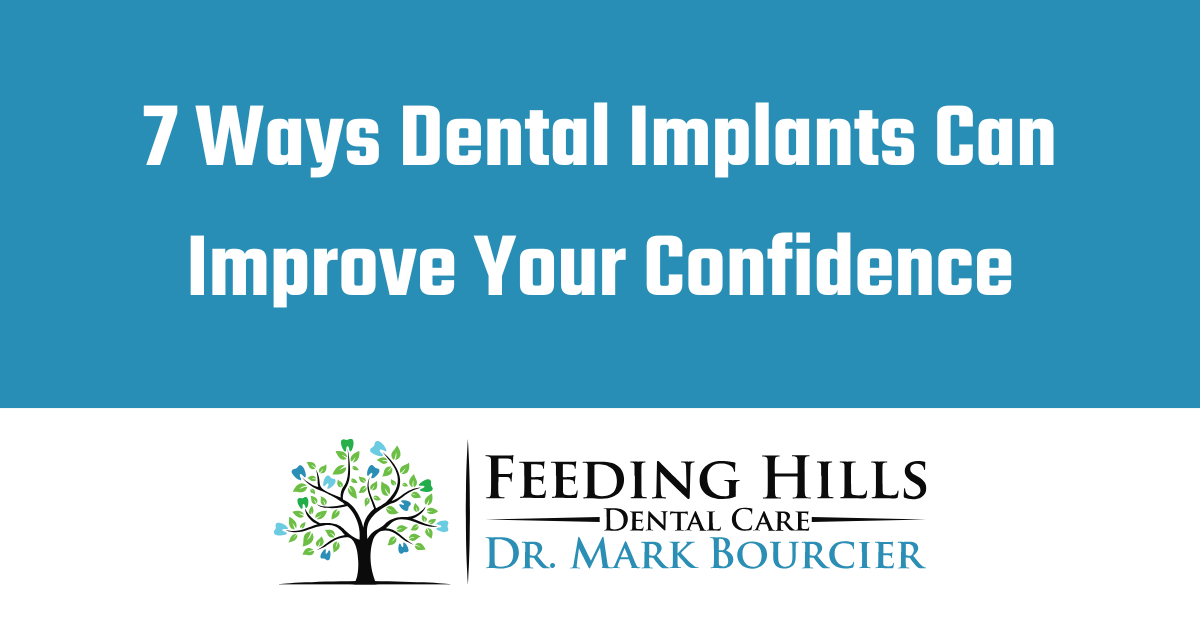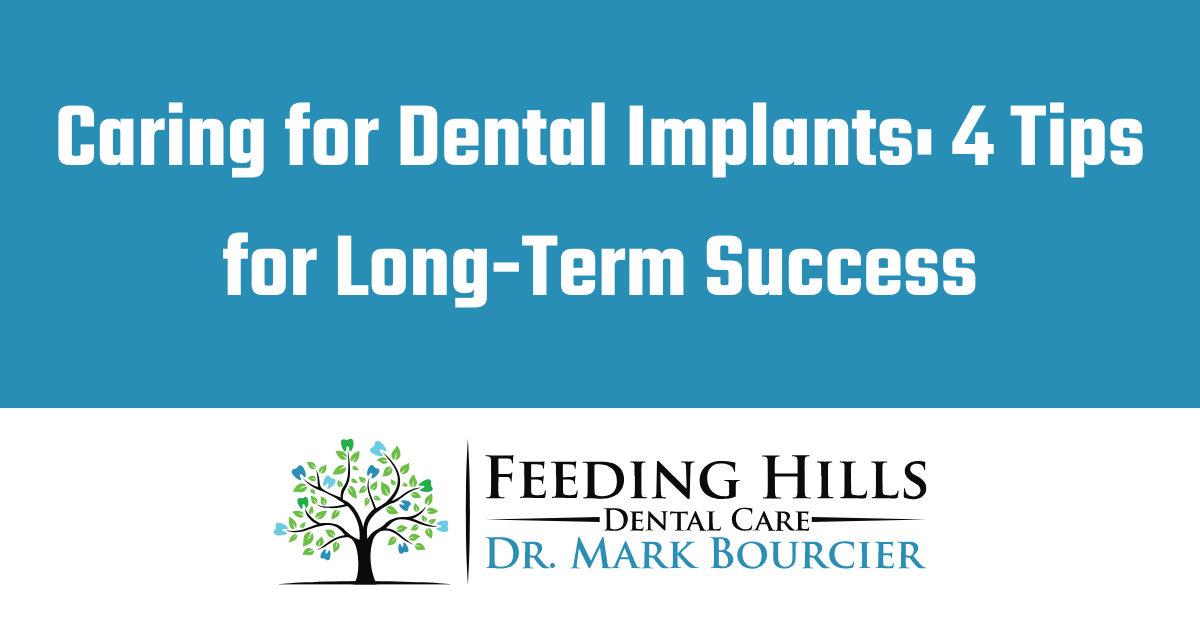endodontic treatment in Agawam & Feeding Hills, MA
pain-free root canal therapy in Hampden County
A root canal is a type of endodontic therapy used to save the tooth from being extracted. It is basically a procedure of cleaning and shaping of the infected or injured root canal. At Feeding Hills Dental Care, we have over 30
years of experience in carrying out root canals to help restore patients' dental health and relieve their pain. Learn more about this procedure and why it is so important in maintaining a patient's oral health.
How Do Root Canals Work?
Root canal treatment is usually carried out when the tooth's nerve becomes damaged or infected. The damage can be caused by a deep cavity, a crack in the tooth, or trauma to the tooth. If the damage is left untreated, it can lead to pain, abscesses, and eventually tooth loss. Diseased pulp tissue from the inside of the tooth is removed during root canal treatment. The inside of the tooth is then cleaned, disinfected and sealed with a
filling or a
crown.
The Importance of Root Canal Therapy
Severe tooth decay should be treated right away. If the decay reaches the pulp of the tooth, root canal therapy is necessary to save the tooth. Root canal therapy removes the diseased pulp from inside the tooth and seals it off to prevent further infection. If left untreated, the tooth will eventually die and will need to be extracted. Root canal therapy can save your tooth and prevent further damage, which could lead to extreme pain and more complications.
What Should I Expect After Root Canal Surgery?
Most patients report feeling little to no discomfort after root canal treatment; in fact, many say that the pain relief they feel is astounding. There may be some soreness in the tooth and gums for a few days after the procedure, but this can be treated with over-the-counter pain medication. It is important to avoid chewy or hard foods immediately after the procedure to prevent any further discomfort. Hot foods or beverages may also cause additional sensitivity, so it is best to stick to a soft, moderate-temperature diet temporarily.
Will Insurance Cover a Root Canal?
Root canal therapy is often covered by insurance. However, it is important to check with your insurance provider to see if they cover the procedure. Some insurance plans may require you to pay a portion of the cost. Since root canals directly impact your oral health, they are often considered to be a necessary procedure.
Schedule a Root Canal Consultation Today
If you think you may need a root canal, the team at Feeding Hills Dental Care
understands the pain you may be going through. We have over 30
years of experience performing root canals and we will work with you to determine if a root canal is the best option for you. To schedule a consultation, please
contact us today for an appointment and get the pain relief you need!
Schedule an Appointment
For more information or to request an appointment, call us at (413) 786-7555 or fill out the form below.
Contact Us
Related Services
Why Choose Feeding Hills Dental Care?
You have plenty of options when it comes to where to receive dental care– so why do so many patients in the Feeding Hills area trust Dr. Mark Bourcier with their oral health? We are a dental office of choice thanks to:

Over 30 Years of Experience

Financing Options Available

Offers Dental Emergency Care

Comprehensive Dental Services

Accepts Insurance Plans

Implant and Mini Implant Provider
Read Our Blog





